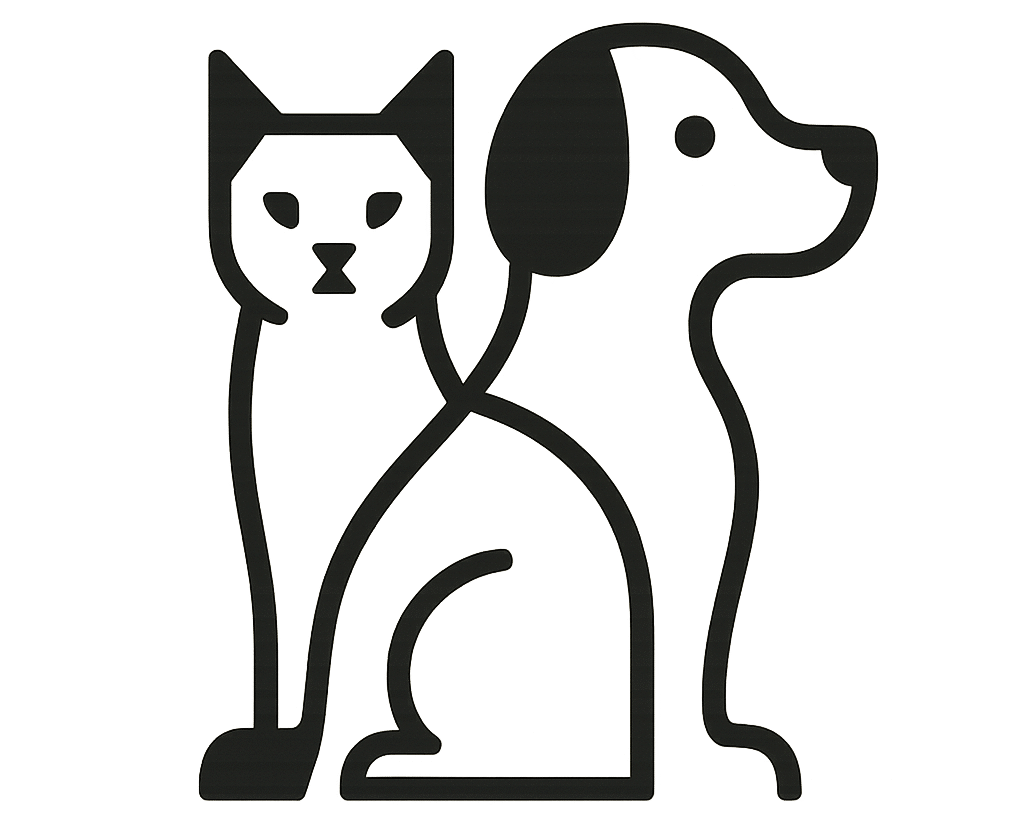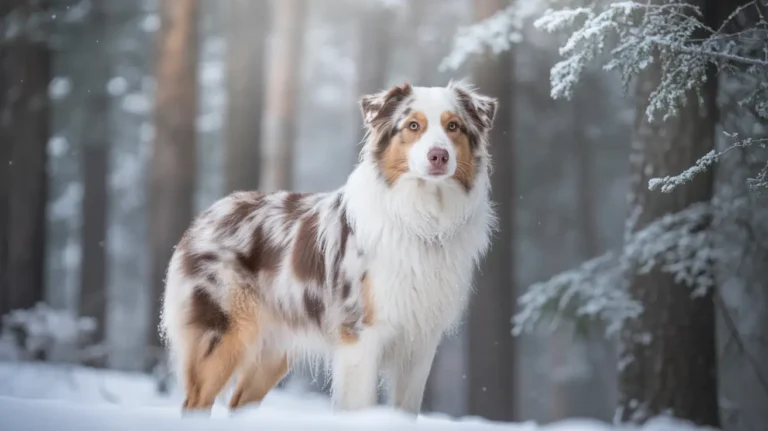Essential Guide to Australian Cattle Dog Temperament
The Australian Cattle Dog is a strong, hardworking, and smart breed known for its loyalty and energy. Originally bred to herd cattle in the tough Australian outback, this dog is not just a worker; it’s a devoted companion too.
Before bringing one home, it’s important to understand this breed’s temperament. This article will help you decide if the Australian Cattle Dog is the right fit for your lifestyle and home.
Australian Cattle Dogs are highly energetic and require a lot of mental and physical stimulation. While they are incredibly loyal and protective, their strong instincts can make them more suited to experienced dog owners.
A Snapshot of the Breed’s Personality
Australian Cattle Dogs are confident, alert, and intelligent. Australian Cattle Dog temperament makes them energetic and always ready for action.
They form close bonds with their family and are known for being loyal, protective, and reliable. Their bold nature makes them stand out, but it also means they need the right type of owner.
High Intelligence and Trainability
This breed is incredibly smart. Australian Cattle Dogs learn quickly and enjoy tasks that challenge their minds.
They do well in obedience training, agility courses, and even puzzle games. Without mental stimulation, though, they may become bored, and bored cattle dogs can get destructive.
Energetic and Always Ready to Work
Australian Cattle Dogs have high energy levels, thanks to their history of herding livestock all day. Without proper outlets for their energy, they can become restless and exhibit undesirable behaviors.
Loyalty and Attachment to Owners
These dogs are known for their fierce loyalty. Once bonded, they’ll stick by your side like glue. Their strong attachment to their owners means they thrive on close companionship and are highly protective of their family.
They’re happiest when they’re with their favorite person and may even follow you from room to room. This deep attachment makes them great companions, but also means they may struggle when left alone for long periods.
Strong-Willed and Independent
Australian Cattle Dogs are not pushovers. While they are highly trainable, they also have a stubborn streak.
They’re independent thinkers and won’t always obey just to make you happy. Training must be consistent, firm, and confident, but never harsh.
Watchful and Protective Nature
Their guarding instincts are strong. Australian Cattle Dogs are naturally alert and suspicious of strangers. This makes them excellent watchdogs, as they are quick to notice anything unusual.
They won’t aggressively attack without reason, but they will bark to alert you of potential threats. Early socialization is crucial to help them distinguish between real dangers and everyday situations, preventing them from becoming overly shy or defensive.
Social Behavior with Children and Other Pets
With proper training and early exposure, Australian Cattle Dogs can live happily with children and other animals. The Australian Cattle Dog temperament is generally loyal and affectionate, forming strong bonds with family members.
However, they may try to herd small children, nipping at their heels as they would with cattle. This behavior isn’t aggression; it’s simply their herding instinct, but it needs to be corrected early on.
Supervision is essential when they are around young children or unfamiliar animals to ensure everyone stays safe and comfortable.
Not Ideal for Every Home
This breed needs more than just love; they need purpose. Australian Cattle Dogs aren’t content to lie around all day.
They’re best suited for active individuals or families who enjoy the outdoors and have time to engage their dog mentally and physically.
Is the Australian Cattle Dog Right for You?
This breed is an amazing companion, but only in the right hands. The Australian Cattle Dog temperament requires a committed, active owner who can meet their needs for exercise, training, and structure. They thrive with owners who are:
However, they may struggle with owners who are not prepared to handle their high energy and intense needs. They are not the right choice for everyone, especially those who:
- For more details check out our complete article about pros and cons of australian cattle dog.
Final Thoughts on Australian Cattle Dog Temperament
The Australian Cattle Dog is bold, brainy, and full of energy. Australian Cattle Dog temperament makes them loyal protectors, willing workers, and loving family members, but they’re not for everyone.
Understanding their temperament can help you decide whether this determined and hardworking breed is the ideal addition to your home.






